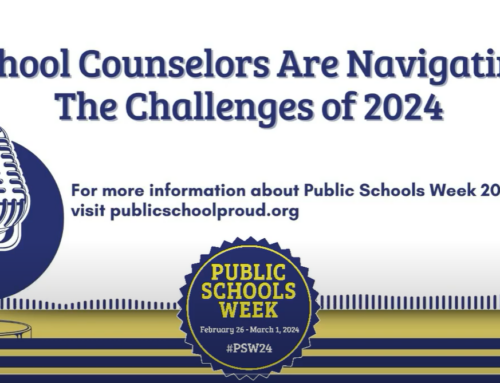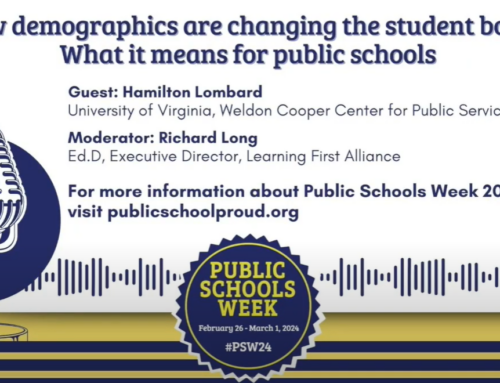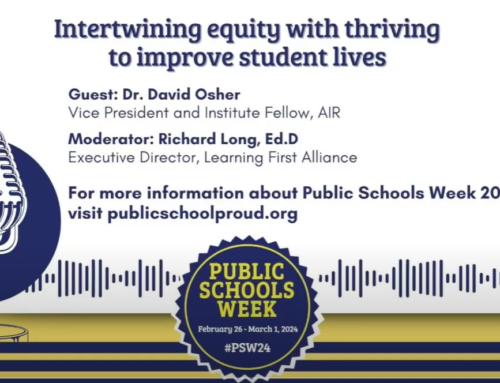Host
Richard M. Long, Learning First Alliance
Guest
David Osher, American Institutes for Research
There is an inextricable relationship between the concept of safety, engagement, and equity in schools and learning environments, says David Osher, vice president and fellow at the American Institutes for Research.
This podcast explores the research and concepts behind what we know are the ideal conditions for teaching, learning, and social-emotional needs in a classroom.
David Osher’s work focuses on school climate and the conditions for learning, social and emotional learning, and supportive and community-building approaches to school discipline and safety. He also focuses on cultural competence and responsiveness, implementation science, and the science of learning and development. Dr. Osher leads both national and global impact, implementation, and descriptive studies and evaluations that align qualitative and quantitative data.
Dr. Osher has authored or co-authored more than 300 books, monographs, chapters, articles, and reports and 200 peer-reviewed papers, symposia, and invitational presentations. These include a number of recent syntheses of the science of learning and development, which indicate the potential for robust equity as well as the institutionalized social processes that undermine equity. He authored “Thriving, Robust Equity, and Transformative Learning & Development” for The Forum for Youth Investment and other articles for Applied Developmental Science. His recent books include Creating Safe, Equitable, Engaging Schools: A Comprehensive, Evidence-Based Approach to Supporting Students (Harvard Education Press); Keeping Students Safe and Helping Them Thrive: A Collaborative Handbook on School Safety, Mental Health, and Wellness (Praeger Publishers); and the forthcoming The Science of Learning and Development: Realizing the Promise of Every Child (Taylor & Francis).
Dr. Osher received his A.B., A.M., and Ph.D. from Columbia University, and he has served as dean of two professional schools of human services and a liberal arts college. He was the 2018 recipient of The Juanita Cunningham Evans Memorial Award for Contributions in School Mental Health and the Joseph Zins Distinguished Scholar Award for Outstanding Contributions to Action Research in Social and Emotional Learning.
Errata
Dan Goleman was misidentified as the author of the phrase emotional hijacks.
The 1992 article by Miles and Fullan was published in Phi Delta Kappen.





